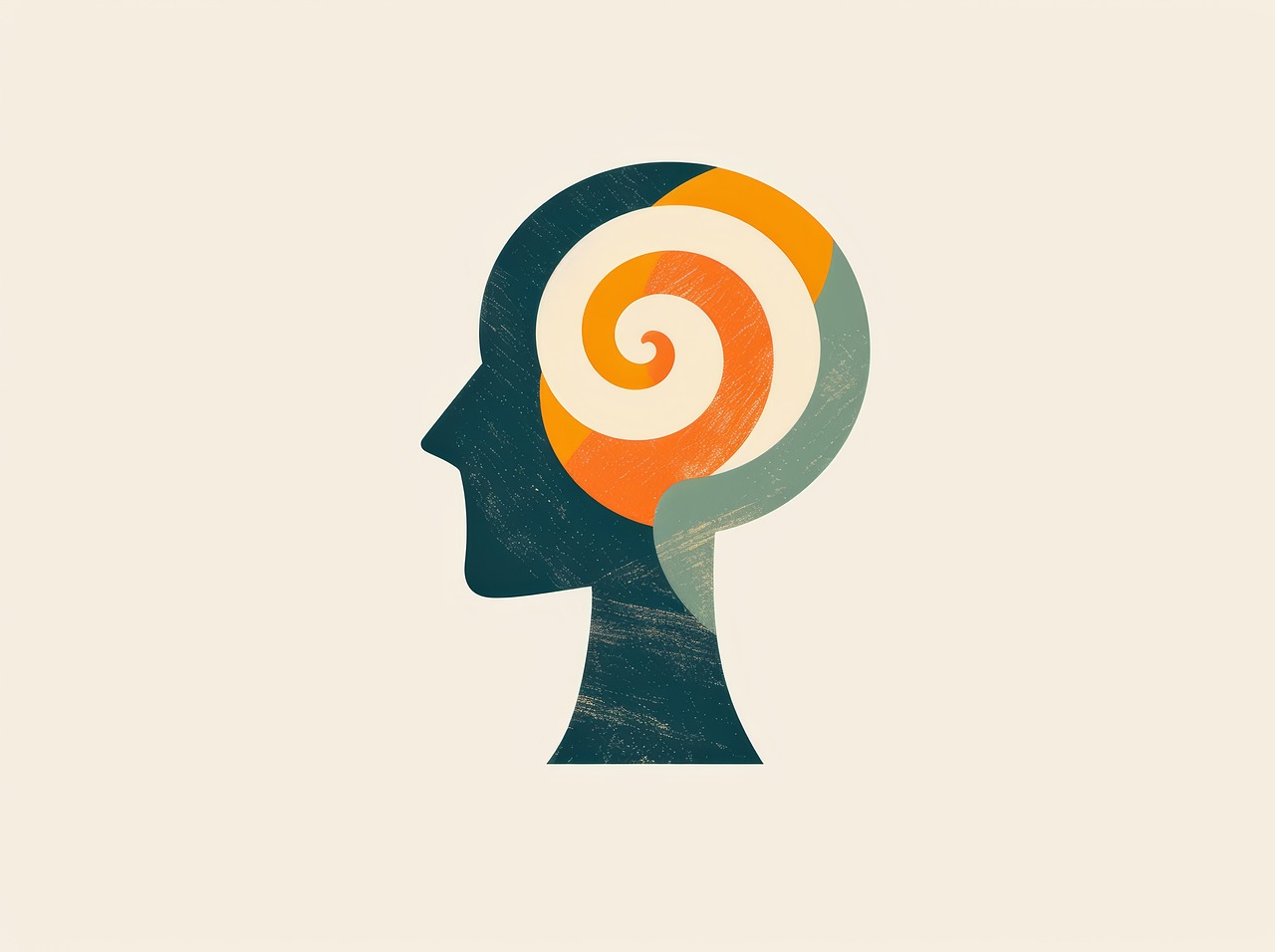Studying Psychological and Behavioural Sciences at Cambridge
- UCAS Code: C800
- How many are admitted to Cambridge every year: 81
- Typical offer: A*A*A at A Level, 41-42 points at IB with 776 at Higher Level
- Essential subjects: A Level (or equivalent) in at least one of Mathematics, Biology, Chemistry, Computer Science or Physics.
- Useful subjects:
- Course length: BA (Hons) 3 years full-time; 2 years full-time for affiliate degrees
The PBS course at Cambridge covers the full range of psychology, including behavioural and cognitive neuroscience, cognitive psychology, developmental psychology, and social psychology as well as the study of atypical development and adult psychopathology.
Psychology shares considerable overlap with disciplines such as anthropology, biological sciences, computer science, economics, linguistics, philosophy, sociology, and many others. It is also of great value in many application areas ranging, for example, from traditional clinical concerns to the design of new technologies, or from how we can best educate ourselves to the workings of the economy or criminality.
While there are a small number of compulsory psychology papers, you will have plenty of choice with options such as the development of social behaviour, psychopathology, cognitive psychology, language, brain mechanisms, gender, family relationships and influences, personality, and group social behaviour. Research projects and a dissertation also enable you to study in greater depth the topics that interest you most.
You will be taught by lecturers and researchers of international excellence in the subject of psychology, as well as staff in the fields of biological and social anthropology, history and philosophy of science, criminology, sociology and education. Seminar programmes throughout the year offer regular talks from guest speakers. In addition to this academic expertise, you will have access to extensive library and computing facilities.
What can I do with a degree in Psychological and Behavioural Sciences?
A degree in Psychological and Behavioural Sciences opens a range of doors upon graduation. Most employers do not require a certain degree and are more interested in what you can do rather than what you have studied. The most popular sectors for Cambridge PBS graduates are scientific research, psychology, and charities. The PBS course is accredited by the British Psychological Society, meaning that it is a recognised route into careers in clinical, health, educational, and occupational psychology.
Many students also decide to continue their studies and there are a number of postgraduate courses offered at Cambridge.
For more information, please visit the University Careers Service website.

Studying Psychological and Behavioural Sciences at St Edmund’s College
St Edmund’s welcomes applications from mature and affiliated students. You do not need any prior knowledge or formal study of psychology.
How to Apply
Applications for all courses are made through UCAS. You must apply by 15 October 2025 to be considered for entry in October 2026.
We accept applications for PBS in both the October application round and the January application round. The January application round is specifically for candidates applying for certain subjects at the three mature Colleges at Cambridge (Hughes Hall, Wolfson, and St Edmund’s). The January round is particularly suited to those applicants taking one-year courses who may not have covered enough of the course content to apply in October, but are able to make a competitive application by January. The deadline for applications for the January round is 14 January 2026 for 2026 entry.
As a mature College, we recognise that our applicants come to us from a diverse range of educational backgrounds and may have studied a long time ago. However, we would expect evidence of formal study within the last two or three years as evidence of an ability to cope with the challenging academic nature of a Cambridge course.
Requirements
Tests
Written work
Interviews
Deferred entry
Affiliated students
What is a typical Term’s work
The academic year for undergraduates is divided into three terms – Michaelmas, Lent, and Easter – of eight weeks each. The course or ‘tripos’ is divided into three parts: Part IA (first year), Part IB (second year), and Part II (third year). Teaching takes place at the Department of Psychology in the city centre where you will have access to the departmental library. You will also have access to resources in our library at St Edmund’s as well as the University Library. Teaching takes place in the form of weekly lectures, classes, and supervisions. Your supervisions and academic progression are overseen by our Director of Studies, Dr Chris Heath.
Teaching is provided through lectures, classes or seminars, and supervisions. Some papers may also involve a practical element in our laboratories. Students have up to 2 lectures a week for each paper and one or two supervisions a week. In Part IA, you take 3 compulsory papers and 1 optional paper from a range of around 9. These include subjects such as biological and social anthropology, sociology, and mathematical biology. In Part IB, you will take 2 compulsory papers and 2 optional papers. You will also receive specialised training in developmental psychology as well as behavioural and cognitive neuroscience. In Part II, you will complete a research dissertation of 7,000 words on a topic of your choice as well as taking 3 additional papers.
Assessment takes place through laboratory reports, essay-based written examinations, and oral examinations.
People
- Director of Studies: Dr Chris Heath


